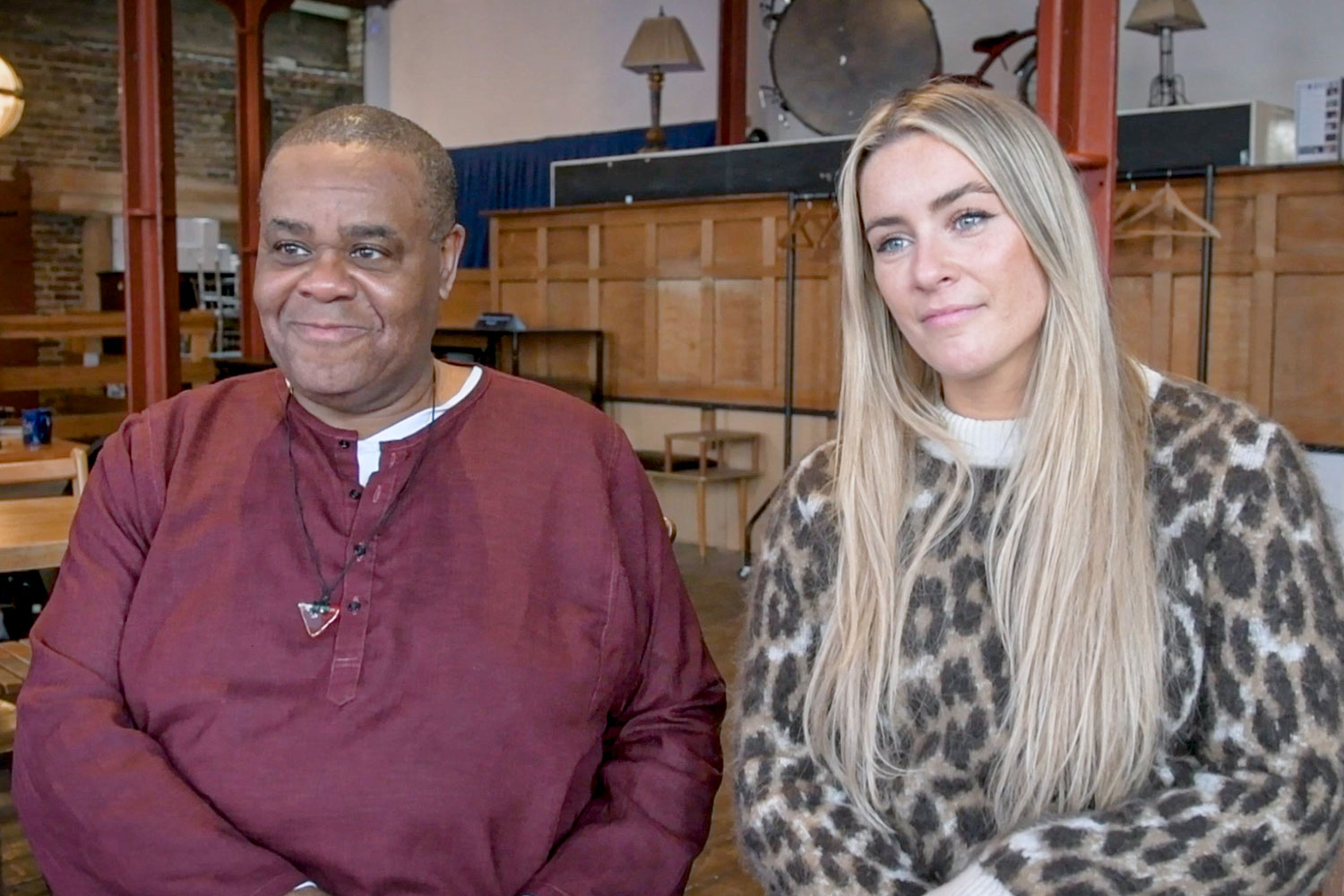Macbeth (Globe)
Blood will have blood they say and there’s certainly plenty of gore in Lucy Bailey‘s Grand Guignol-like take on the Scottish play. Right from the start when men with bloody torsos appear in front to the witches, this is play steeped in blood. There’s even an appearance by the Thane of Cawdor, bloodily despatched on stage for once.
In her programme notes, Bailey says that she and designer Katrina Lindsay have based the setting on Cocytus, the circle of hell reserved for traitors – a reminder that there three sets of traitors in this play: Cawdor, Macbeth himself and Macduff and Malcolm who have rebelled against the king.
Accompanied by Orlando Gough‘s discordant bagpipe music, this is is vision of a, literally, hellish Scotland that makes corporeal the one described by Macduff at the English court when he says. “O nation miserable/with an untitled tyrant bloody-scepter’d.”
While some recent productions (most recently last month’s Cheek by Jowl’s) have eschewed some of the supernatural elements, this one positively relishes them. The weird sisters are observers at every manifestation of bloodshed, as if ensuring that their predictions become real.
As the doomed pair, there’s real passion between Elliot Cowan and Laura Rogers, getting right down to it as soon as Macbeth’s back from the war. But that passion vanishes as they get drawn into murder after murder. Their childlessness is mocked by the several children in this production – a young Fleance and two of Macduff’s.
But Cowan’s Macbeth in particular seems to tip over into madness too easily – there’s more sense of his court tiptoeing around the whims of an eccentric, a sort of Scottish Lear rather than a tyrant. Rogers’ rather sexy Lady Macbeth is fully aware of her appeal to men, her husband in particular, and mixes this with a steely ruthlessness.
With the exception of Keith Dunphy‘s blunt, Irish Macduff, and a grotesque porter from Frank Scantori, there’s little offered by the supporting cast – all rather overwhelmed by Bailey’s vision.
Bailey takes us on an epic journey (the evening lasts just over three hours – some going for Shakespeare’s second shortest play) but it’s a journey full of imagination, horror and inventiveness, even if some of the human failings are skated over. And beware if you’re near the front – you’re doomed to be one of the denizens of hell…
– Maxwell Cooter










